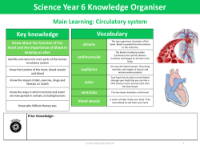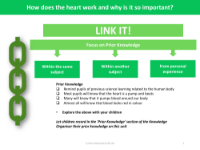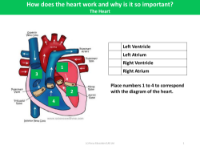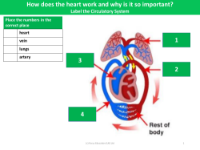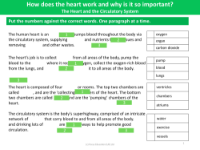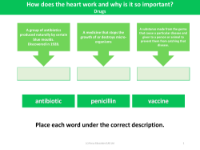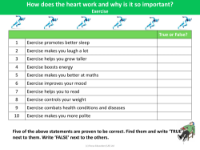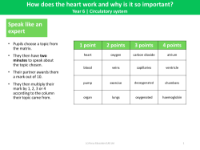Mini quiz - Blood
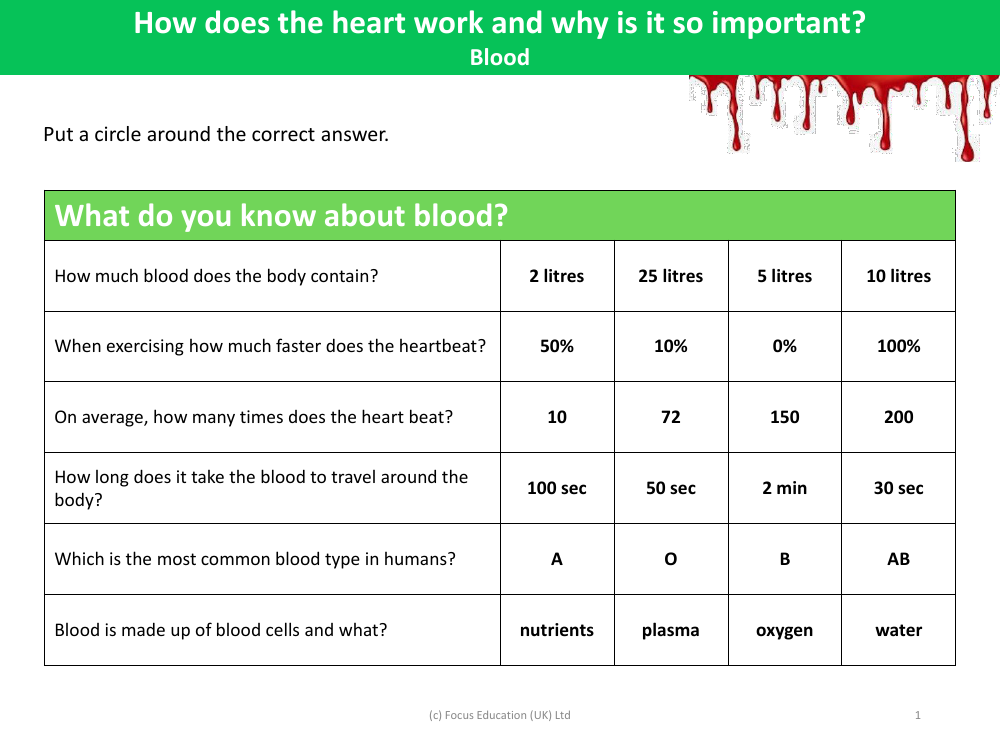
Science Resource Description
Blood is a vital fluid in the human body, performing essential functions such as transporting oxygen and nutrients to cells and removing waste products. The average adult body contains approximately 5 litres of blood, though this can vary depending on factors such as body size and composition. When a person exercises, their heartbeat can increase significantly, often by up to 100%, to efficiently meet the increased demand for oxygen and nutrients by the muscles. In a state of rest, the average human heart beats around 72 times per minute, a testament to its relentless work in maintaining the circulatory system.
As for the circulatory journey, it takes blood only about 1 minute to travel around the entire body, ensuring that every cell receives the nourishment it needs in a timely manner. Among the different blood types, Type O is the most common worldwide. Blood itself is composed of various elements, including blood cells and plasma, which is the liquid component that carries cells, nutrients, hormones, and waste products throughout the body. The heart, an indispensable organ, functions as a pump to circulate blood, making it crucial for sustaining life by supporting all other bodily functions through continuous blood flow.

